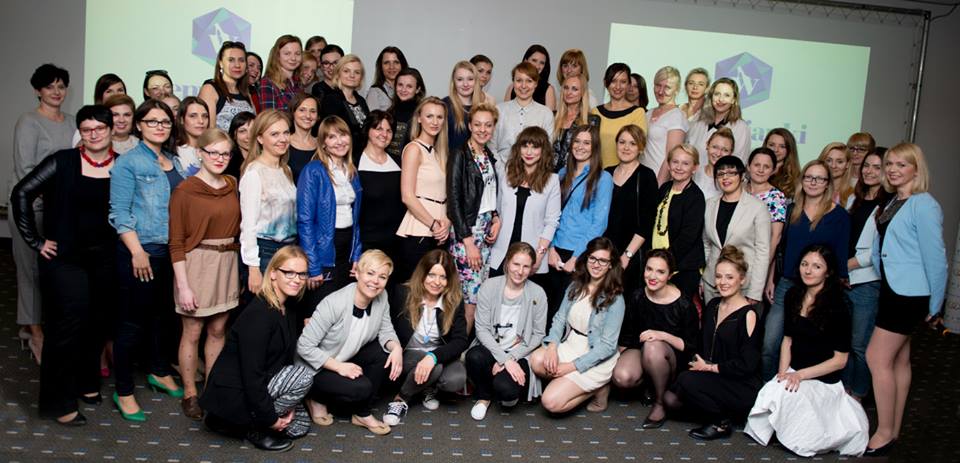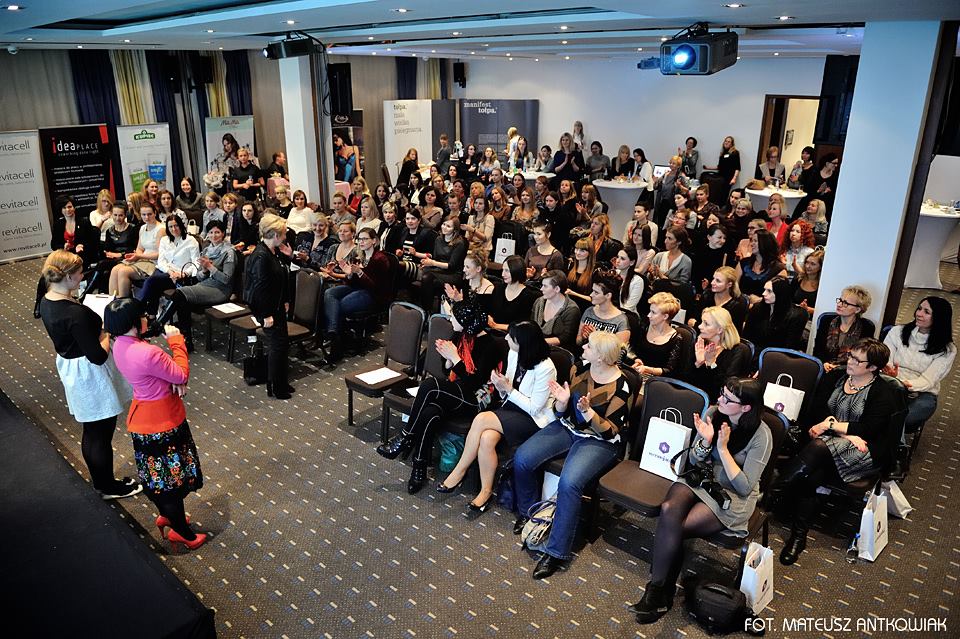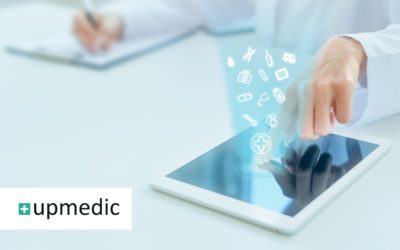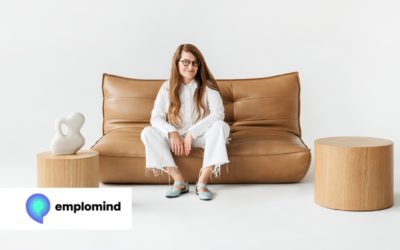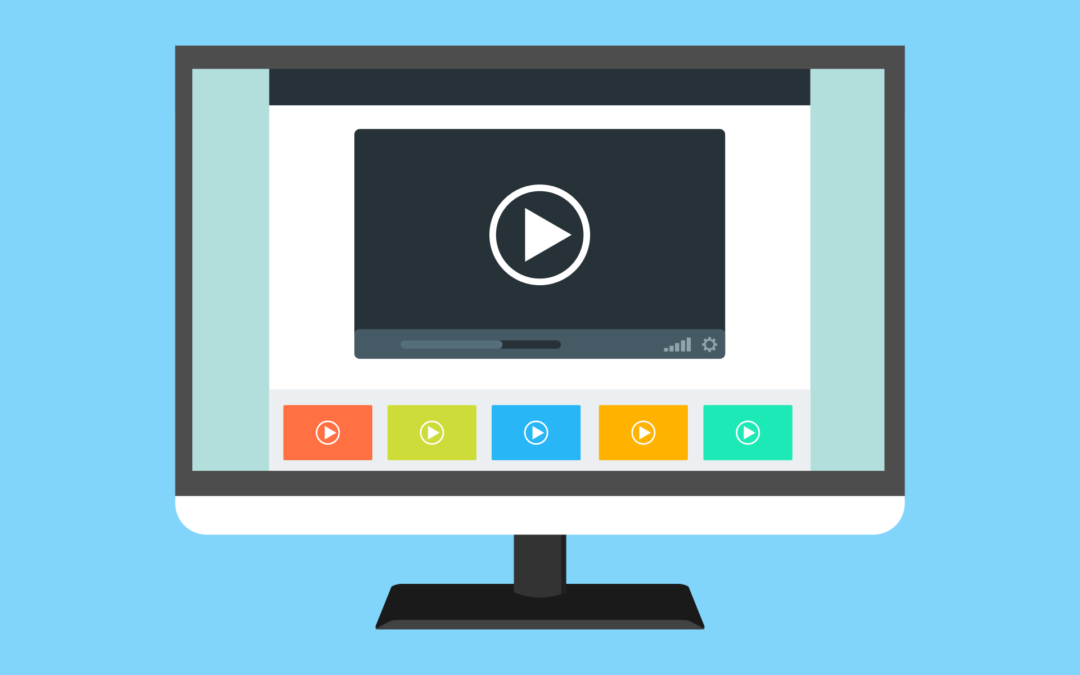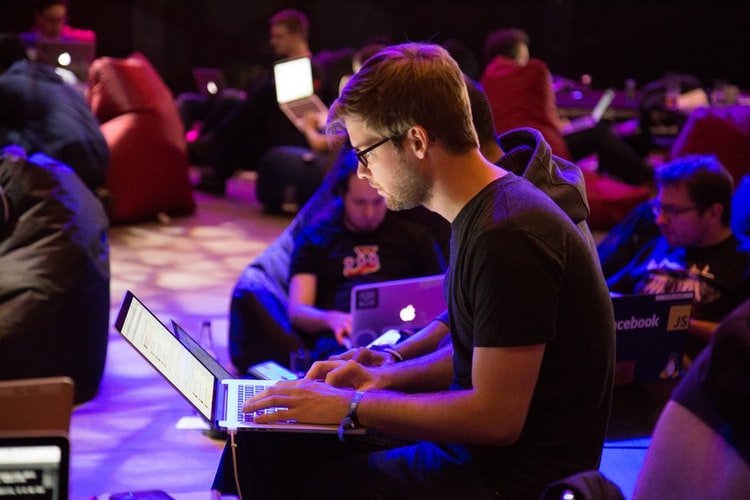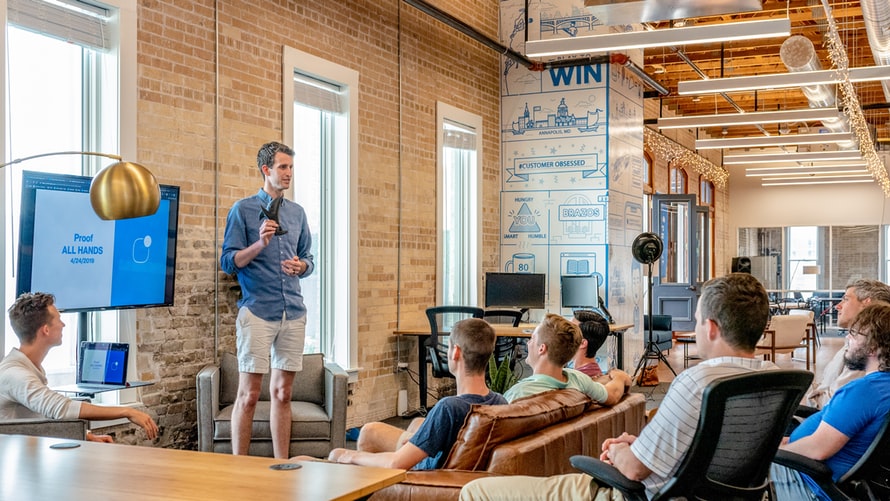In today's text, I introduce GeneMe Labs, a company that opens the door for us to understand how unique our genetic code is and how the information...

HealthTech in the media. How to practically create a good press release?
When communicating with technology startups, it is worth betting on longer content, such as a press release, in your efforts. An article or a traditional press release, used at the right moment, can give us very good coverage. Why?
Not just social media. What’s the purpose of media relations?
Healthcare startups often use modern forms of dialogue with target groups. These can include social media, mailing, or blogs. Some of the proponents of these solutions claim that this form of communication is now more accessible to the audience and thus – more effective. Our inclination towards short forms also stems from the belief that the ideal texts are short texts (because they are more memorable). Not only is the message shorter, but you can also use emojis and include multimedia content. This may seem to make it much easier to show how our technology works in more detail.
What’s more, it is said that the most searched content on the Internet is that which contains about 1,400 words. However, let me assure you that a universal text length does not exist. Often, by shortening the text, we create content that does not sound natural. In the case of the HealthTech industry, we run the risk that our short message may abound in too many foreign-sounding names, and nomenclature known only to us, and thus become incomprehensible to the „ordinary” user.
What should you pay attention to?
Thus, the length of the text should be adjusted each time to the purpose and place of publication. By the same token, not only short posts or testimonials are important for the effectiveness of a communication campaign – especially in the HealthTech industry. Our consumers should understand exactly what benefits they will gain by deciding to buy our product or choose our service. Therefore, a longer form may be better for us than even a Facebook post.

A press release (press release, press deposition) is one of the basic tools of every promotional and PR specialist used in contacting the media. By virtue of its formula, it significantly helps to convey information about technology products or services. This is especially important in communicating new solutions of the HealthTech industry, when it is worth explaining to consumers how our product works and what benefits it provides. Keep in mind that our audience may be ( by virtue of age) accustomed to traditional forms of communication, and treat social media rather trivially. What else should we keep in mind?
Press releases are not as long as they used to be.
Nowadays, a press release should be concise and clear, in order to quickly convey the most important information – without unnecessarily wasting the reader’s time. While a few years ago the standard press release was 1.5 – 2 pages, now many PR consultants suggest that our announcement should not exceed 1 A4 page in volume.
Invariably, our press release should answer three basic questions: what happened, who is involved, and why it is important. These questions help you quickly understand the information, what the article is about, and who it might be of interest to.
Facts are always more important than opinions.
In a press release, the focus should be on facts and documented information, not on the author’s subjective opinions – then we are talking about a feature, which is unlikely to work in our promotional campaign. Facts are more reliable and can be verified by the reader.

Avoid success propaganda in a press release.
In a press release, avoid excessive self-promotion and false information to boost a positive image of a company or organization. Let’s not write that our product is revolutionary. It would be better if we write about the standards, technical standards that the product meets and in what everyday situations it will be used.
After writing the press release, take care of its dissemination.
After writing a press release, it is important to take care of its dissemination, for example, by sending it to the media or making it available on the website.
Technical aspects of the press release are important.
In a press release, technical aspects such as text layout, headlines, photo captions, etc., are important and determine how accessible our publication is. This is especially important if you are communicating new technologies. Sometimes quoting an expert in communication allows the reader to understand what benefits he or she will get by using our product or service. In the HealthTech industry, it’s best to use the opinion of a doctor or other health care professional or foundation that conducts activities related to a particular disease entity.
The devil is in the details.
In a press release, details are key because they help readers better understand the article and increase its credibility. A paraphrase works well, such as „The technology used in the solution nullifies the problems of sinus disease. With the XX device, we will get rid of runny nose, and sinus pain and breath easier.”
Stand out or die.
Imitation can be harmful and mislead our audience. In a press release, it is important to be original and present your own opinion, and innovation of your service/product.

Follow up, or stay in touch with journalists.
Journalists are often looking for interesting topics to write articles or videos about. By contacting them, we can introduce our new products or services, which will help build our brand in the media. When contacting journalists NEVER send a collective email to all of them. Approach each of them individually, and write individual emails. Each journalist needs different arguments to get them interested in your topic.
Want to learn more? Use our checklists, which are available for download here.
Image source: Canva.com.

